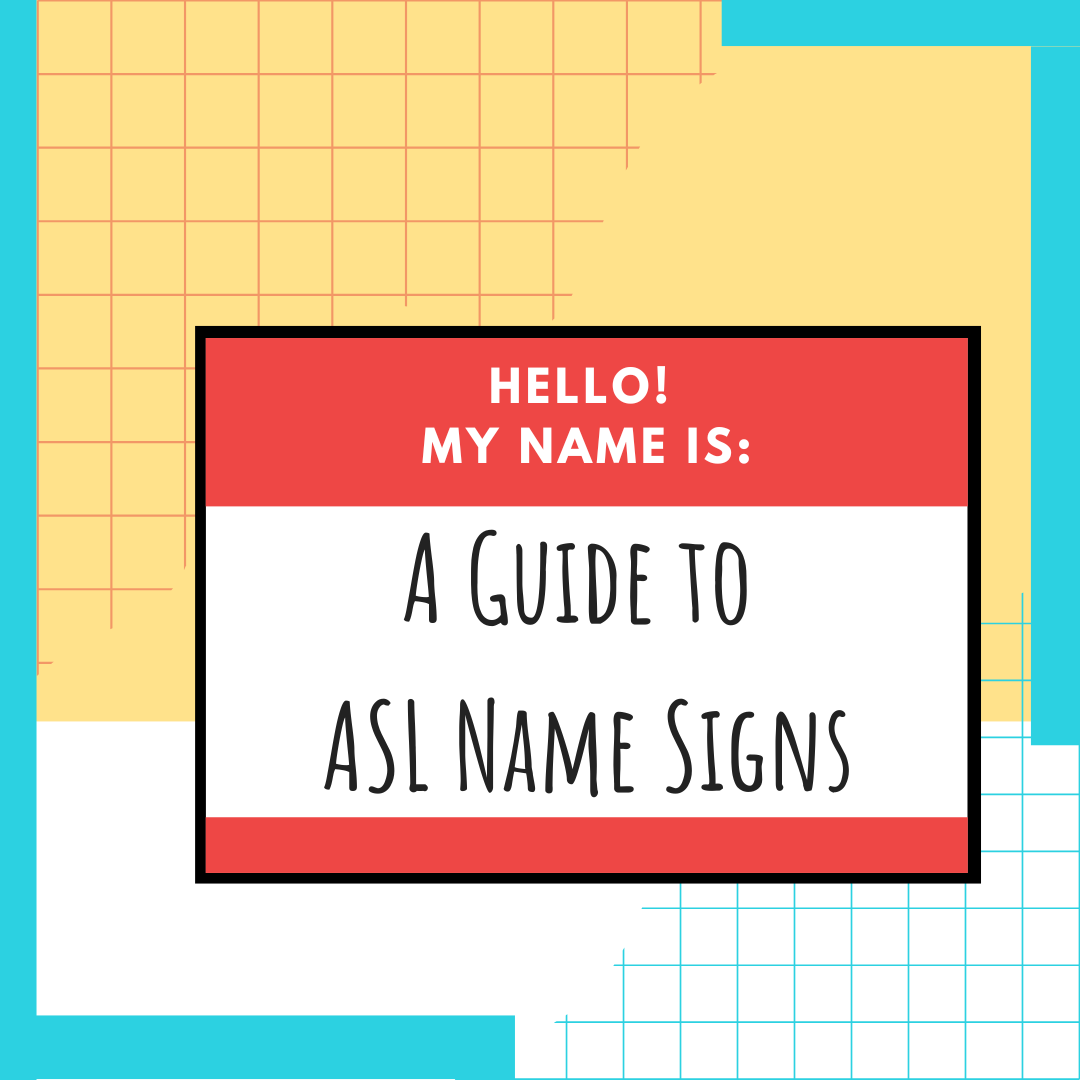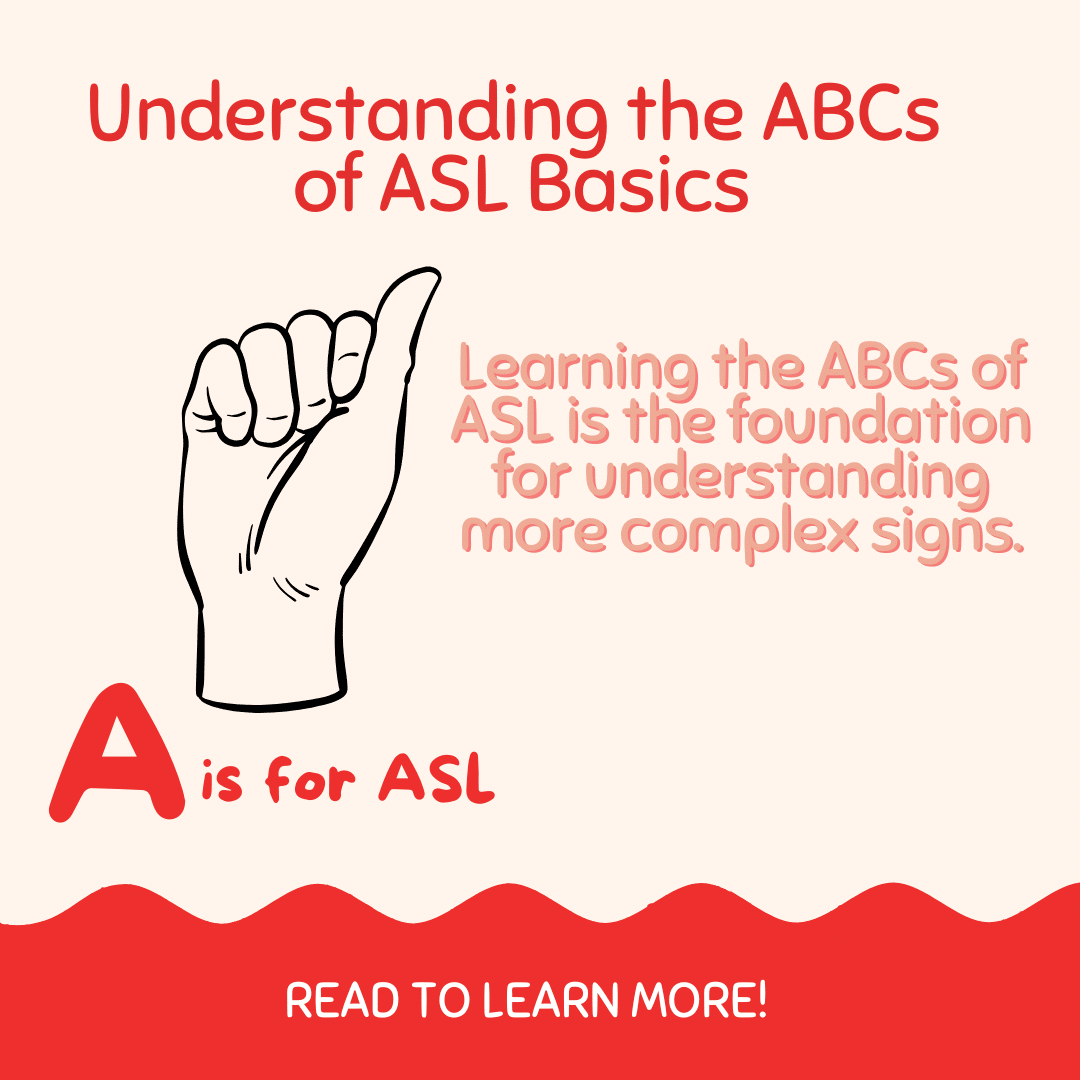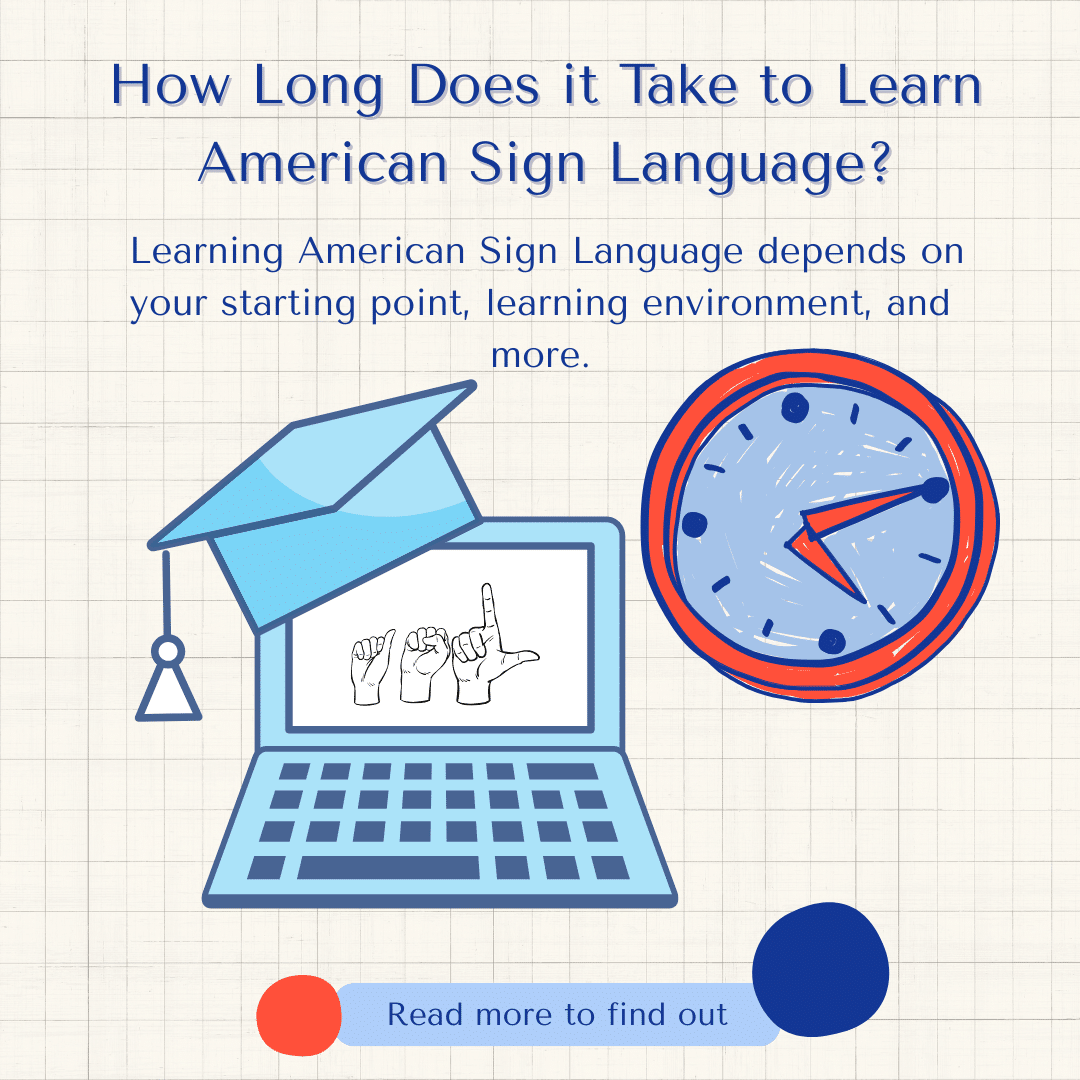
Baby Signing
Step 4 – When Things Don’t Go the Way You Planned
You may encounter some friends or family that don’t believe in baby signing. Skeptical friends and family can definitely depress your excitement.
They may quote the myths we told you about earlier or tell you that signing with your baby will never work. All we can say to that is…wait until your baby starts signing. They will be blown away and will often put their skeptic thoughts to rest.
Don’t be scared to say “no” to your baby. When your baby learns a new word and asks for the object all day (an object you may not necessarily want her to have), you may be scared to say “no” thinking it may discourage her signing. This is not true. Your baby does not interpret “no” to refer to her signing. She will interpret the “no” to refer to the object. So, don’t be scared. Keep communicating!
Don’t concentrate so hard on your baby to sign back. Your baby will start to use your signs before she can sign them back to you. She will rely on and may react to your signs, but may not be able to sign them back yet. Babies also learn to sign back at varying times. Some don’t sign back until after their first birthday. Many start signing back by 7 or 8 months of age, but this varies widely. Don’t sweat it.
Your baby might also stop signing suddenly after they had already started signing back. This may happen because your baby may be trying to accomplish a physical milestone and is putting all of her energy and attention into it.
When your baby begins signing, she may sign the same sign for different words. This is noticeable for words like “ball” or “more” that look very similar. Just stay consistent, pay attention to context, and your baby will catch on and recognize the difference.
Have a Baby Sign Language Success Story?
If you have had success with baby sign language, please share your experience! So many parents are unaware of the true success of signing with your baby.
Start Learning ASL Today!
 Ready to start learning real American Sign Language and not just basic signs? Do you want to be a part of the vibrant Deaf community? Check out our Free ASL 1 Course or our Complete 4-Level ASL Course options and start learning ASL today!
Ready to start learning real American Sign Language and not just basic signs? Do you want to be a part of the vibrant Deaf community? Check out our Free ASL 1 Course or our Complete 4-Level ASL Course options and start learning ASL today!








